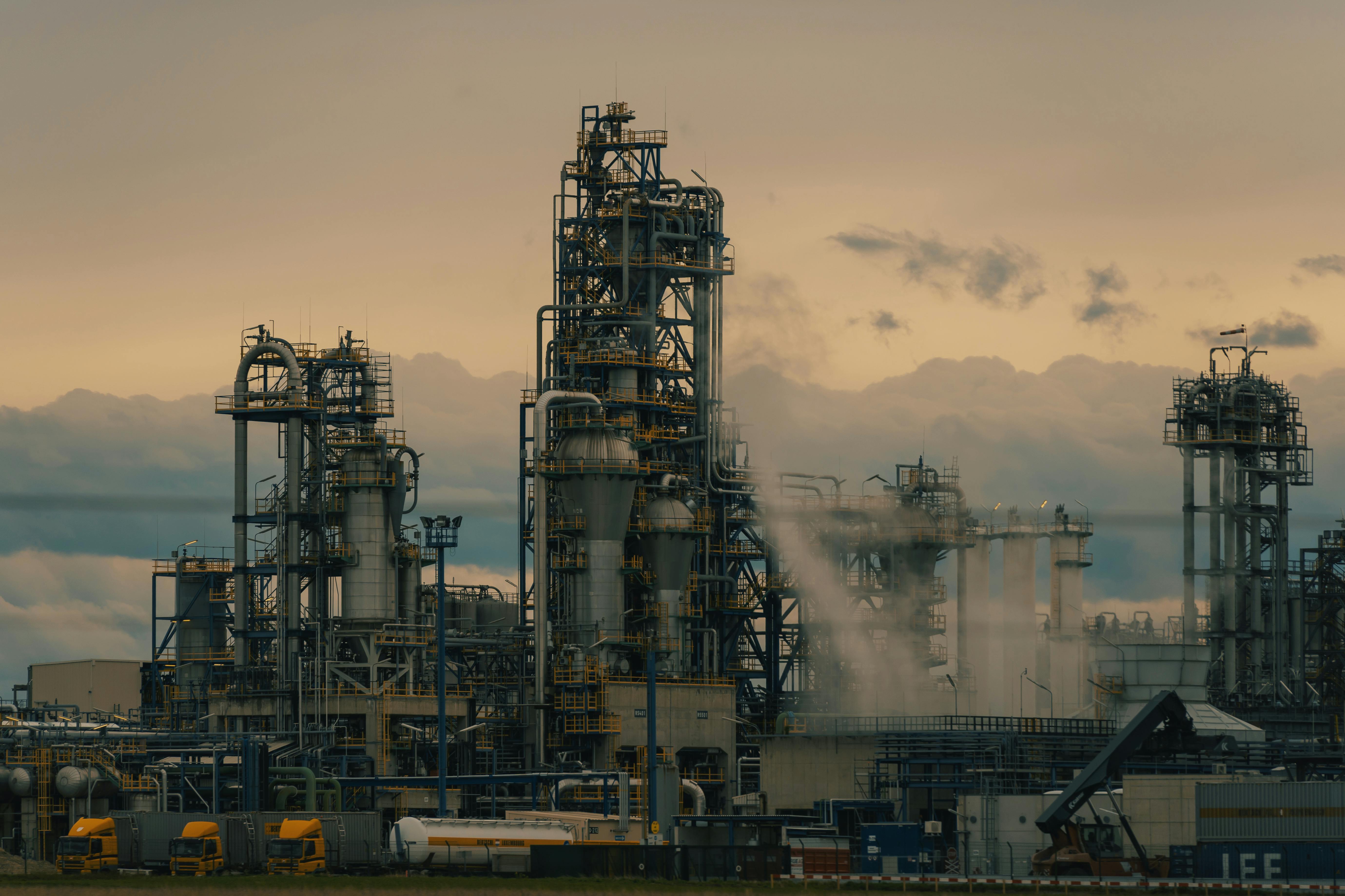
Saudi Arabia, the world’s largest oil producer, is home to numerous oil refineries critical to the global energy industry. The safety standards within these facilities are of paramount importance, as any mishap can have far-reaching consequences, both locally and internationally. This article explores the rigorous safety standards in Saudi Arabian oil refineries, highlighting their importance and the measures in place to maintain them.
The Significance of Safety in Oil Refineries
Oil refineries play a crucial role in the production and distribution of petroleum products. These facilities are inherently complex, involving various processes such as distillation, cracking, and chemical treatment. The handling of flammable and hazardous materials is a daily reality. Therefore, ensuring the highest safety standards is essential to prevent accidents and protect the environment, employees, and the surrounding communities.
Safety Regulations and Oversight
In Saudi Arabia, safety in oil refineries is heavily regulated. The key entity responsible for overseeing safety in the oil and gas sector is the Saudi Arabian Oil Company (Aramco), which operates and manages the majority of the country’s oil refineries. Aramco is renowned for its commitment to safety and has implemented rigorous standards to minimize risks.
The safety regulations in Saudi Arabian oil refineries are in line with international standards, such as those from the American Petroleum Institute (API) and the Occupational Safety and Health Administration (OSHA). These regulations encompass various aspects of safety, including:
- Facility Design: Oil refineries are designed with safety in mind, incorporating features such as blast-resistant structures, emergency response systems, and fire suppression equipment.
- Training and Education: Employees are trained in safety protocols and emergency response procedures. Regular drills and exercises are conducted to ensure that personnel are prepared for any situation.
- Hazardous Material Management: Stringent measures are in place for the handling, storage, and disposal of hazardous materials, ensuring that leaks or spills are quickly contained and cleaned up.
- Fire Prevention and Suppression: Advanced fire prevention systems, such as automatic sprinklers, foam suppression systems, and fire-resistant materials, are used throughout the refineries.
- Safety Inspections: Routine inspections are carried out to identify potential safety hazards and address them promptly.
- Emergency Response: Comprehensive emergency response plans are developed to mitigate the consequences of any accident, and these plans are regularly reviewed and updated.
- Environmental Impact: Efforts are made to minimize the environmental impact of refinery operations, with strict adherence to regulations regarding emissions and waste management.
Worker Safety and Well-being
The safety of workers is paramount in Saudi Arabian oil refineries. Employees are provided with personal protective equipment (PPE), and safety procedures are strictly enforced. There are dedicated teams of safety professionals who monitor operations, enforce safety policies, and investigate any safety incidents or near-misses to prevent future accidents.
Continuous Improvement
Safety standards are not static; they evolve to address new risks and challenges. In Saudi Arabia, refineries continuously invest in research and development to identify and implement new safety technologies and practices. This includes the use of advanced safety systems, such as process automation, digital monitoring, and predictive maintenance, to reduce human error and improve safety.
Saudi Arabia’s oil refineries are at the forefront of global energy production, and their commitment to safety is unwavering. The country’s stringent safety regulations, oversight by entities like Aramco, and continuous improvement in safety practices make these facilities some of the safest in the world. With the oil industry playing such a crucial role in global energy supply, the rigorous safety standards in Saudi Arabian oil refineries help ensure a stable and secure energy future while protecting both people and the environment.
